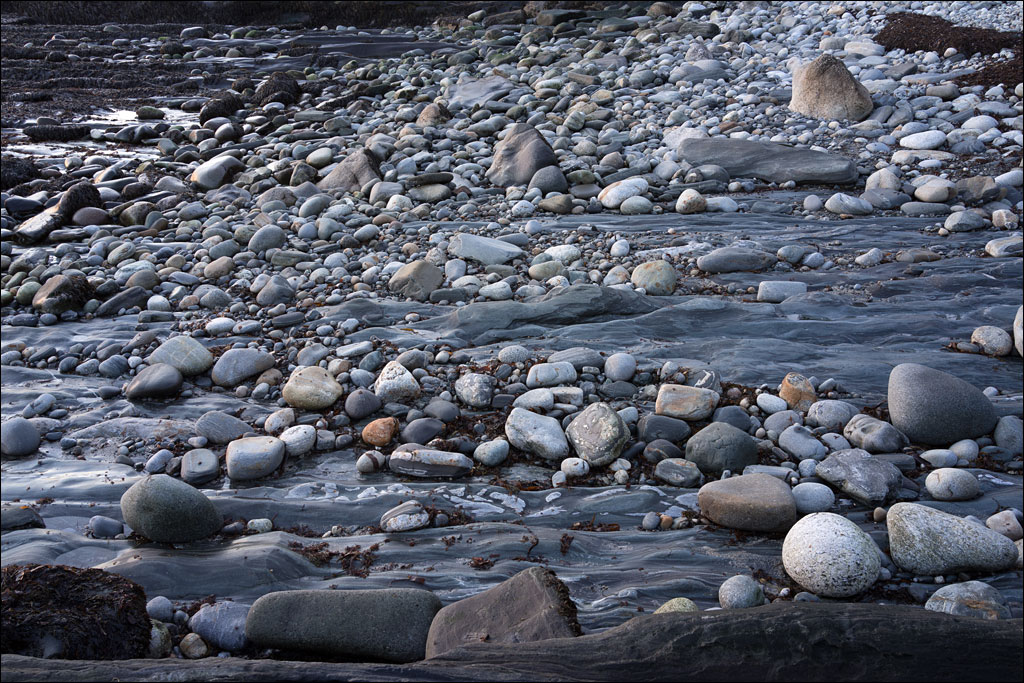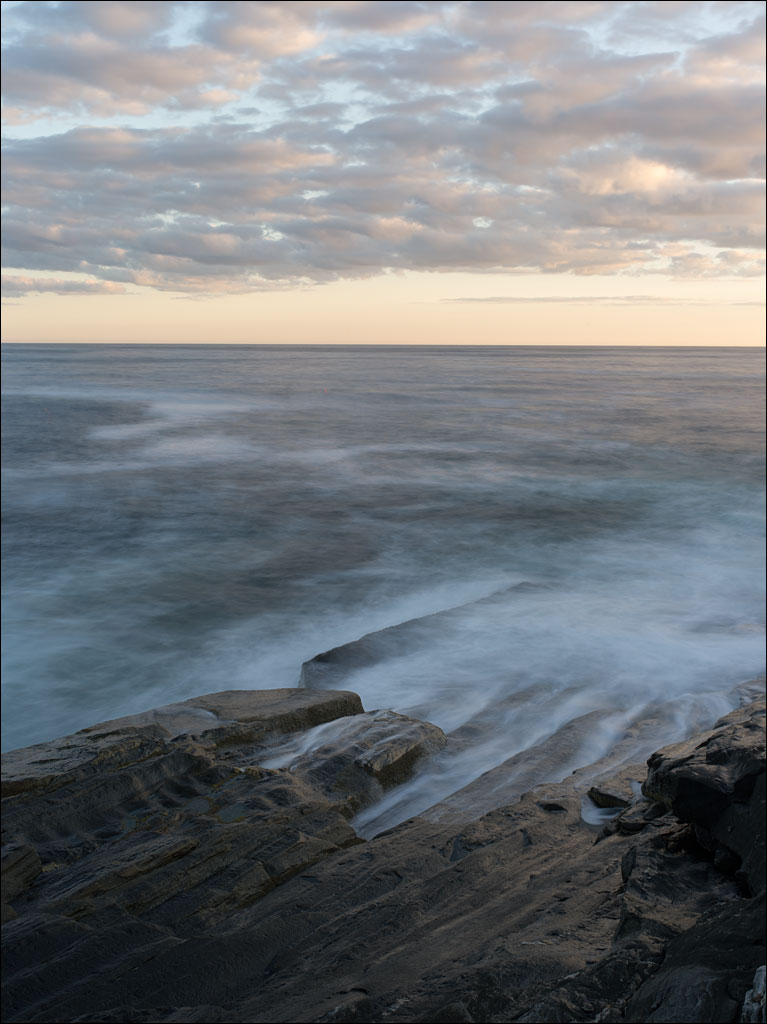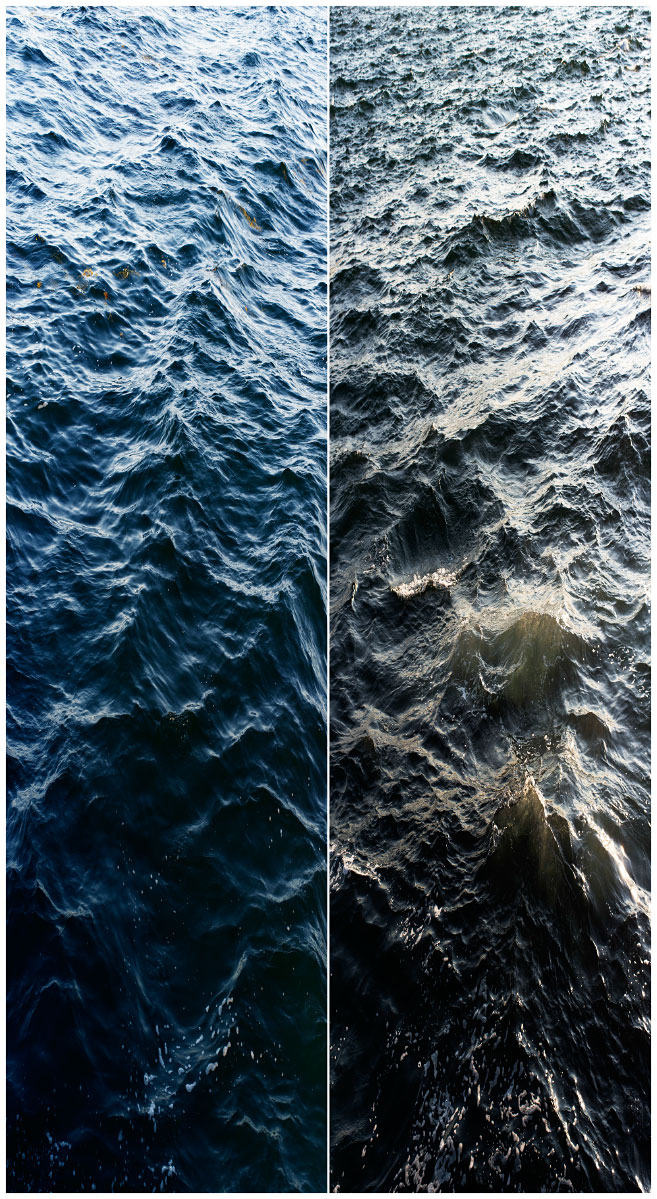Dragons are creatures of water, dwelling in the ocean, rivers, clouds, and rain.  Koi carp are symbols of strength and perseverance. In ancient times, a school of Koi came to a huge waterfall while swimming upstream. The fish tried to jump the falls to continue their journey. Seeing their struggle, a demon made the falls higher out of malice. The fish did not give up. After a year of striving, one fish managed to reach the top. The gods, impressed with its determination, turned it and the fish that followed into a golden dragons. These Koi are in a pond in the Imperial Palace in Tokyo. Click on the image for a larger view.
Koi carp are symbols of strength and perseverance. In ancient times, a school of Koi came to a huge waterfall while swimming upstream. The fish tried to jump the falls to continue their journey. Seeing their struggle, a demon made the falls higher out of malice. The fish did not give up. After a year of striving, one fish managed to reach the top. The gods, impressed with its determination, turned it and the fish that followed into a golden dragons. These Koi are in a pond in the Imperial Palace in Tokyo. Click on the image for a larger view.
Category Archives: Meditations
Random Patterns
Plenty of Fish in the Sea…
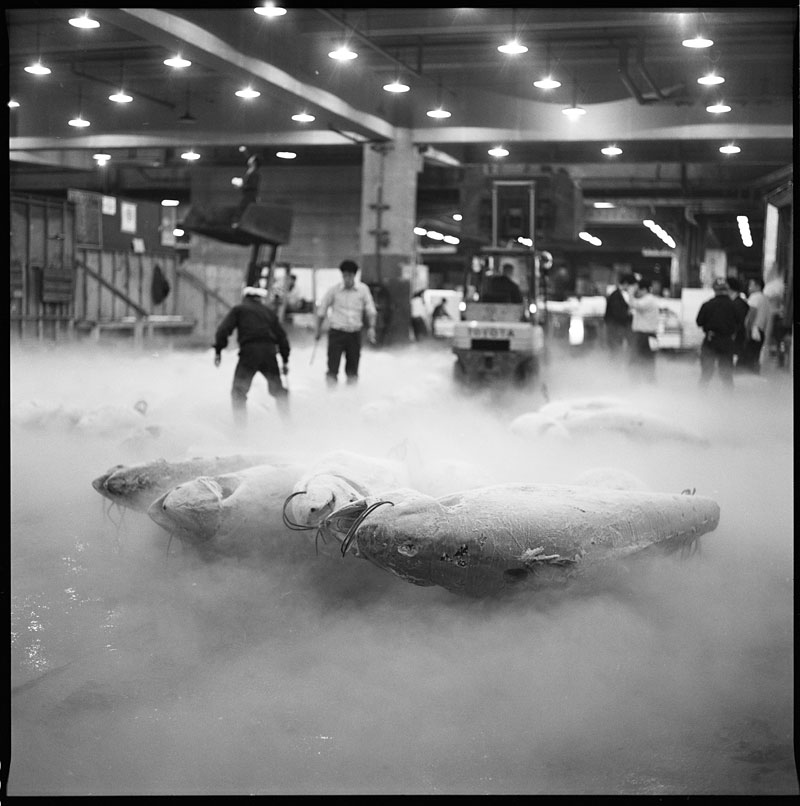 A report was issued recently on the state of the cod fisheries in Maine. After decades of overfishing, a strict quota was placed on the level of the catch. Based on models of cod reproduction, the stock should have rebounded, but it didn’t. What was left out of the model was the change in the environmental conditions in the Gulf of Maine. That body of water is one of the fastest warming areas in the ocean. It is claimed that if we protect the environment, it will destroy economic growth, it will kill jobs. Yet, I don’t see the current plan working out very well…
A report was issued recently on the state of the cod fisheries in Maine. After decades of overfishing, a strict quota was placed on the level of the catch. Based on models of cod reproduction, the stock should have rebounded, but it didn’t. What was left out of the model was the change in the environmental conditions in the Gulf of Maine. That body of water is one of the fastest warming areas in the ocean. It is claimed that if we protect the environment, it will destroy economic growth, it will kill jobs. Yet, I don’t see the current plan working out very well…
Earth Wind Map
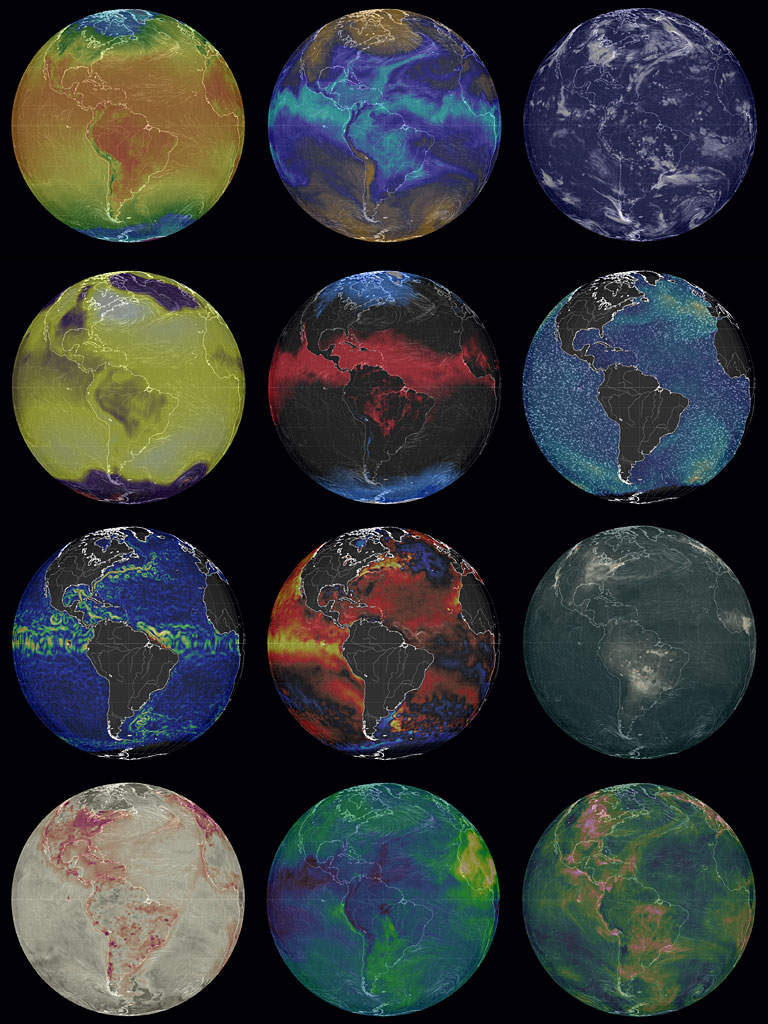 Earth Wind Map is one of the neatest visualizations and interactive maps I have seen. You can see current data of ocean currents, particulate extinction, chemical extinction, temperature, cloud water, relative humidity, and a bunch or other stuff including wind. You can turn the globe, or whatever projection you chose (there are several), and zoom into areas. Simply click on the button labelled Earth to select the options—the top of that dialog box tells you what you are looking at. The data are updated every three hours. You could click on my image composite of their projections or, better still, go to the site. This is something worth bookmarking.
Earth Wind Map is one of the neatest visualizations and interactive maps I have seen. You can see current data of ocean currents, particulate extinction, chemical extinction, temperature, cloud water, relative humidity, and a bunch or other stuff including wind. You can turn the globe, or whatever projection you chose (there are several), and zoom into areas. Simply click on the button labelled Earth to select the options—the top of that dialog box tells you what you are looking at. The data are updated every three hours. You could click on my image composite of their projections or, better still, go to the site. This is something worth bookmarking.
Red Maple Spectrum
Walking on the Moon
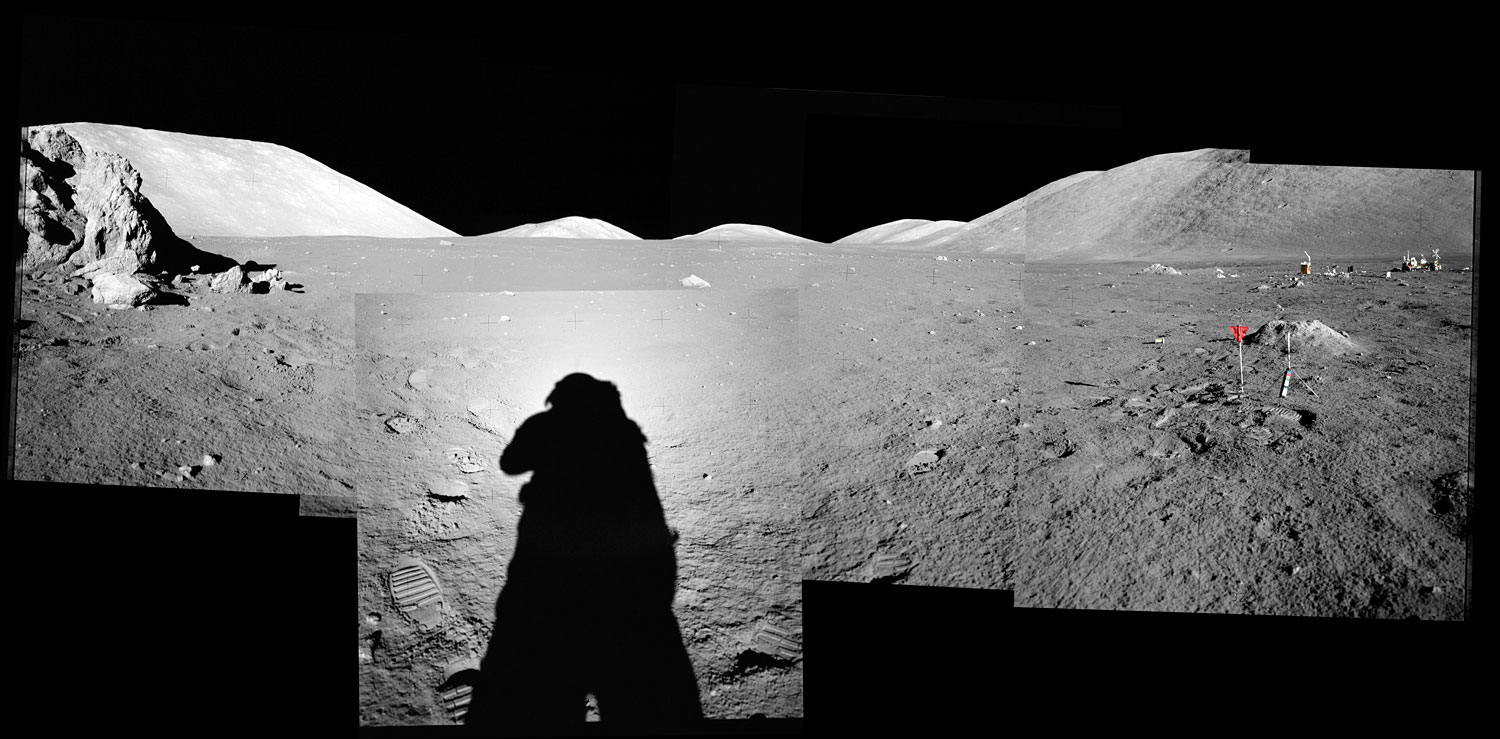 Apollo 17 was the last manned mission to the moon. In 1972, Eugene Cernan and Harrison Schmitt descended in the lunar lander, while Ronald Evans remained in orbit. This is a composite I created from seven images from the NASA’s Project Apollo Archive. Click on the image for a larger view. Note the lunar rover on the right of the image.
Apollo 17 was the last manned mission to the moon. In 1972, Eugene Cernan and Harrison Schmitt descended in the lunar lander, while Ronald Evans remained in orbit. This is a composite I created from seven images from the NASA’s Project Apollo Archive. Click on the image for a larger view. Note the lunar rover on the right of the image.
Earthrise
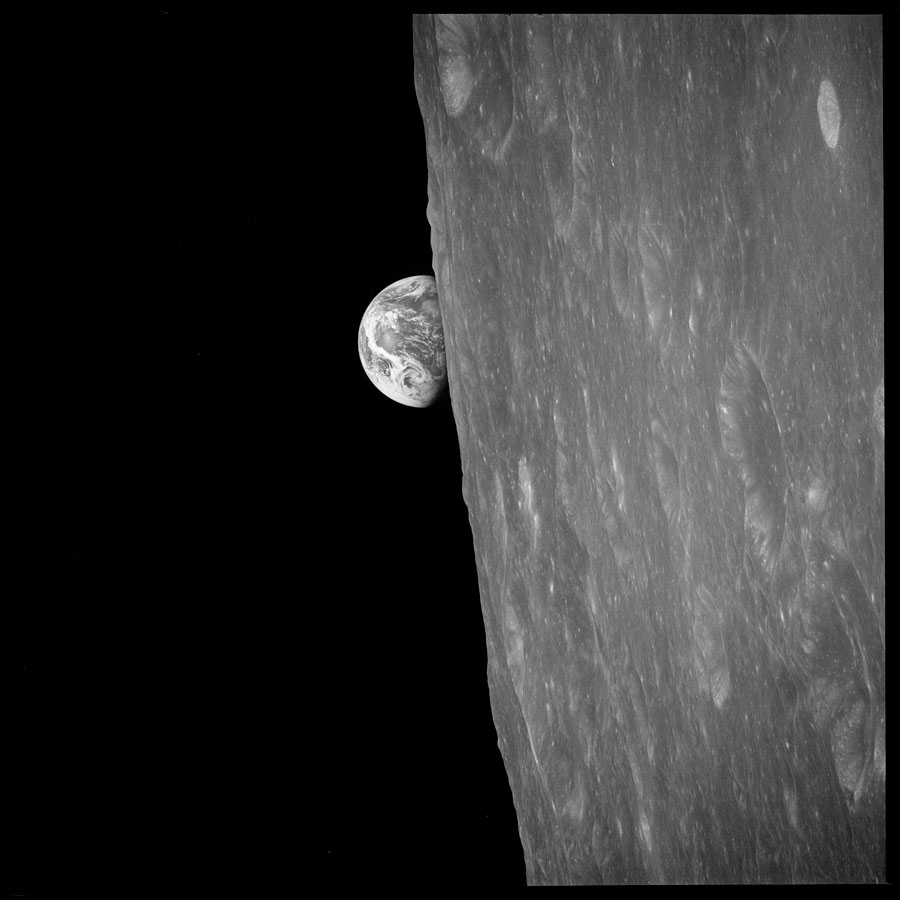 This image is from the newly released Project Apollo Archive by NASA of the pictures taken during the Apollo missions. While the crew never reached the surface of the moon, Apollo 8 was the first time humans had left Earth’s orbit and orbited another celestial body. It was the first time we could view our planet from a place other than Earth. The crew on that mission was William Anders, Frank Borman, and James Lovell. Click on the image for a larger view.
This image is from the newly released Project Apollo Archive by NASA of the pictures taken during the Apollo missions. While the crew never reached the surface of the moon, Apollo 8 was the first time humans had left Earth’s orbit and orbited another celestial body. It was the first time we could view our planet from a place other than Earth. The crew on that mission was William Anders, Frank Borman, and James Lovell. Click on the image for a larger view.
More than Meets the Eye
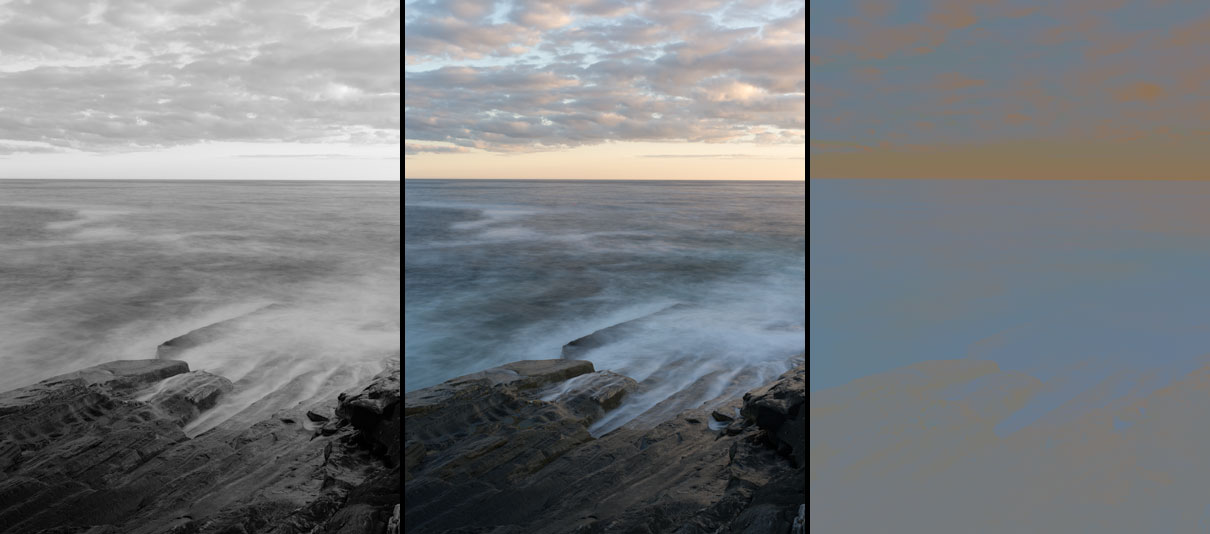 Cameras imitate human vision. Color is purely a human response to light: it does not actually exist in nature. How far we see in the electromagnetic spectrum, we call that range light, is simply a response of our biology.
Cameras imitate human vision. Color is purely a human response to light: it does not actually exist in nature. How far we see in the electromagnetic spectrum, we call that range light, is simply a response of our biology.
But eyes are not simply tiny cameras. Our vision is a complex system. Part of the retina of our eyes (rods) only sees luminance—how bright things are. Part (cones) only sees color, or, maybe more accurately, differences in color. These signals are transmitted to our brain where it recreates an image of the world. But even in our brain, luminance and color are processed in entirely different areas. So while our experience is a unified vision of a color world (the middle image), the reality is part of our brain is processing luminance (the left image) and another part color (the right image).
We are really not that good at seeing color, which is a late evolutionary adaptation (many animals do not see in color). But it is important. The sky is rather dull in simple luminance—the orange sky at the horizon has the same brightness, or equiluminant, as the blue sky through the cloud. The addition of color in our perception creates far more separation. But color alone lacks structure and detail—color acuity is low in human vision, which why it can be really hard to read red text on a green background when both colors are equiluminant. Click on the image for a larger view.

